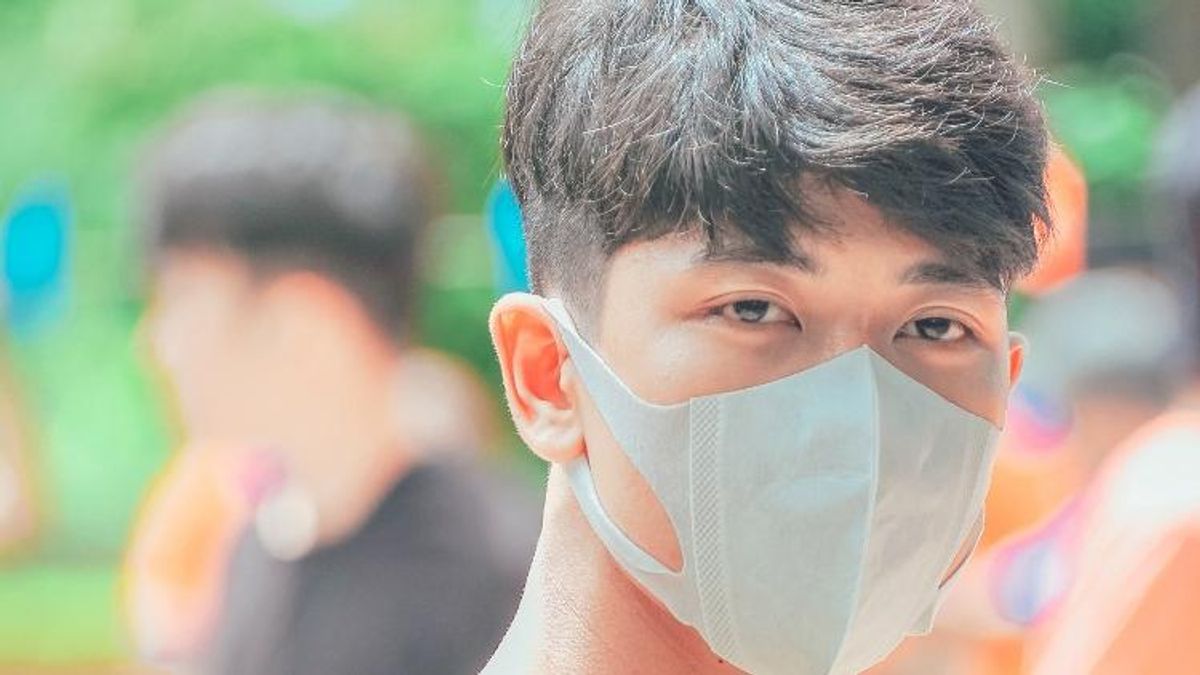Voices
Coronavirus and HIV Parallels: On Racializing and Queering Illness

Bias, fear, and ignorance are the biggest threats of all.
February 27 2020 1:51 AM EST
May 31 2023 6:20 PM EST
By continuing to use our site, you agree to our Private Policy and Terms of Use.

Bias, fear, and ignorance are the biggest threats of all.
By now, we have all heard of the coronavirus (also known as 2019-nCoV) and the toll it has taken on human life both throughout China and globally. The outbreak has prompted significant research since it first presented in humans last December and investigations regarding transmissibility and treatment remain underway. Unfortunately, the virus has also catalyzed a rise in Sinophobia and anti-Asian racism.
As the number of reported cases of the coronavirus continue to grow, individuals of Asian descent around the world face stigma and increasing rates of violence. In an example from Los Angeles, a man riding public transportation was recorded making disparaging remarks against Chinese-Americans and blaming China for the spread of the virus. Videos showing aggression towards Asian New Yorkers have also gone viral, prompting city officials to speak out against discrimination. In Canada, too, accounts of anti-Asian discrimination have surged and Asians living in France established a Twitterhashtag "#Jenesuispasunvirus" (#Iamnotavirus) to shed light on the mistreatment they have received in recent weeks. These examples are among dozens that have been reported.
National governments have also contributed to this phenomenon. Some global health experts believe China's rivals have a political incentive to isolate China and spread misinformation about the virus. Although WHO Director General, Dr. Tedros Adhanom Ghebreyesus has urged countries not to enact travel and trade restrictions, countries have instituted laws barring those travelling from China and other Asian countries. Ghebreyesus stated:
"We reiterate our call to all countries not to impose restrictions that unnecessarily interfere with international travel and trade. Such restrictions can have the effect of increasing fear and stigma, with little public health benefit."
Of course, the WHO has declared the coronavirus an international public health emergency and some measures must be taken to contain the virus. The WHO, for example, has praised China's travel restrictions on individuals living in and around Wuhan. Even still, these efforts are having unintended consequences. Residents in Wuhan have reported that they have been forced to walk miles to access care as the transportation systems have been shut down. A lack of supplies, caused by the lockdown, has also resulted in patients being refused care.
While experts may disagree on which measures will be most effective, it is clear that the responses of both national governments and civil society alike perpetuate anti-Asian racism. This is part of a historical narrative marking Asians, and particularly Chinese, as "disease carriers." In many ways, this discourse is reminiscent of the ways in which queer people, and in particular gay Black men and trans women of color, have also been scapegoated as threats to public health. We can look specifically to the HIV crisis to understand the parallels between the racialization and queering of illness. World Health policy analyst, Laurie Garrett, explains:
"The virus (coronavirus) doesn't know the race, the politics, the religion of the human it infects, nor does it give a darn. It's only we who aid and abet, and we've seen this in one kind of epidemic after another, the worst case one being HIV. It is we humans who aid and abet the spread of disease by carrying out our own discriminatory, racist, bigoted attitudes towards other humans rather than tackling the virus."
The HIV crisis taught us that homophobia both within and outside medical settings prevents individuals from getting tested, notifying their partners and obtaining care. Studies show, for example, a correlation between societies with antigay legislation and increased rates of HIV. LGBTQ and HIV activist, Joel Nana describes that these practices "discourage health-seeking behavior, deny access to key health services and sustain the increasing incidence of HIV infection among men who have sex with men and transgender people."
In the same way, a culture of fear and alienation around the coronavirus can dissuade individuals from seeking treatment and promote the spread of misinformation. For example, experts warn that in the case of the coronavirus, measures like the travel ban may prompt individuals to lie and underreport their risk factors and symptoms when crossing borders. National governments' desire to avoid negative media attention and international shame has also contributed to the mismanagement of the virus and inaccurate reporting. Ultimately, anti-Asian racism and discrimination, like homophobia, have very real consequences on health outcomes and behaviors.
Though anxiety about a life-threatening illness is understandable, discriminatory panic and ill-informed policy do little to effectively curb the spread of disease. As queer people, we have a unique obligation to confront harmful stereotypes around "infectious" bodies when they affect other populations. While we monitor public conversation around the coronavirus in the weeks and months to come, let us remember that misinformation and bias is perhaps the greatest public health threat of all.
Hannah Yore is a New York-based writer. Find her on Twitter @HannahYore.